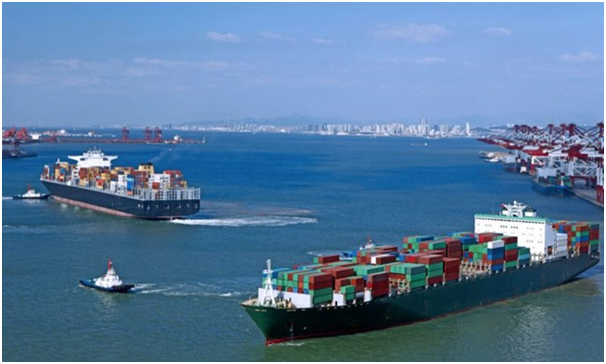
The trade continues to bear the
brunt of the diversion with delay in shipment reaching the destination in
Europe and the US on time and sea freight increasing steadily. For instance,
freight by sea to Europe and the US from India has increased over $1,000 per
box in the last couple of months to Europe and the US and by air the freight
has more than doubled.
Some of the urgent shipments
are being sent by air but at a premium as space is a constraint with the slow
diversion of cargo from sea to air.
Nearly 90 per cent of the global trade is moved via sea. The Red Sea
connecting Asia and Europe via the Suez Canal handles nearly 12 per cent of the
global trade with large ships carrying everything, right from electronics goods
to machinery, oil and gas to automobiles.
Due to the disruption in the Red Sea, the pressure is slowly building up
on the global supply chain as inventory in the consuming markets are getting over
fast. In a month or two, the pressure will build up on the suppliers in India
for delivering the products. An
effective supply chain action management plan will be required going forward,
said an official incharge of logistics at a large leather company in Chennai.
Many clients work on Fee on Board basis wherein they take care of the
entire logistics and also the freight. While this could be a short term relief
for the supplier, the client, who need to bear the additional cost, in future
will ask suppliers to reduce their price, the official said.
Suppliers delivering goods on Cost, Insurance and Freight basis are
under tremendous pressure to immediately absorb the increase in freight and
also responsible to send the cargo on time, said an official of a leading
Custom House Agency. While they would
like to increase the cost of the goods, the clients are not willing to pay,
he said.
Meanwhile, there are media reports that both Russia and China are in
talks with the Houthi rebels to allow their ships to pass through the Red Sea.
Lars Jensen, an expert in the container shipping industry based in
Denmark, in a social media post said that the shipping giant Maersk has issued
a statement that they still deem the
risk in the region (Red Sea) to be elevated despite the naval presence.
They will therefore for the time being continue to sail around Africa and will
only revert to the Red Sea transit when such a change can be sustained for the
long term.